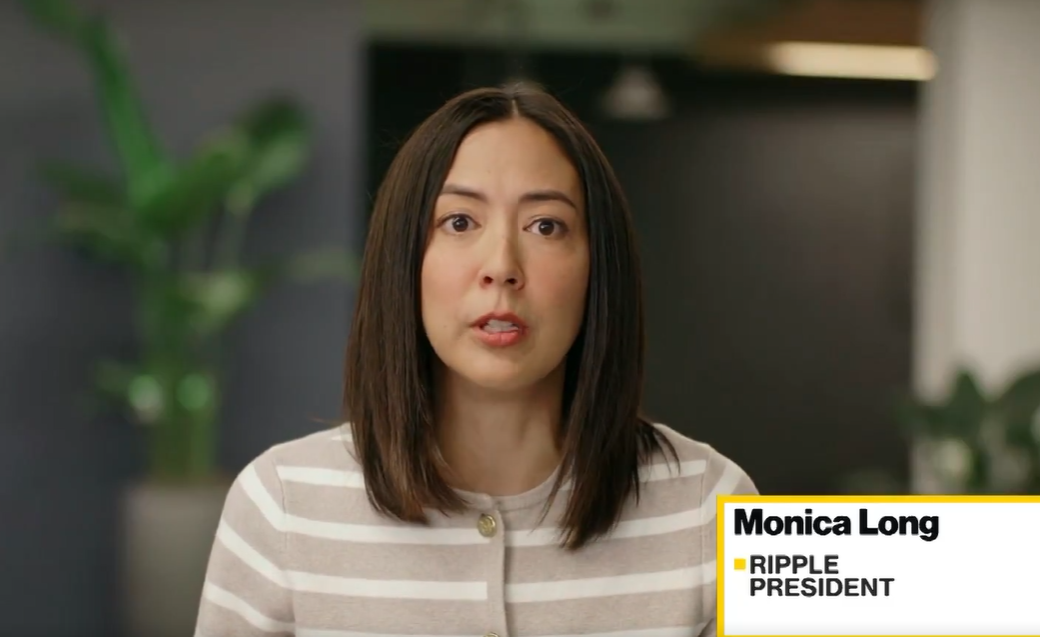ISLAMABAD — Molvi Obaidullah teaches at a religious school in the Pakistani city of Quetta, where his students get free meals, housing and an education focused on Islamic theology.
Pakistan’s estimated 30,000 seminaries, known as madrassas, serve as primary education for about 3 million students across the South Asian nation, filling a gaping hole in the struggling public school system. While some see seminaries as crucial for poor children who might otherwise not attend school at all, critics warn that they’re fertile ground for religious extremism and recruitment into militant groups.

